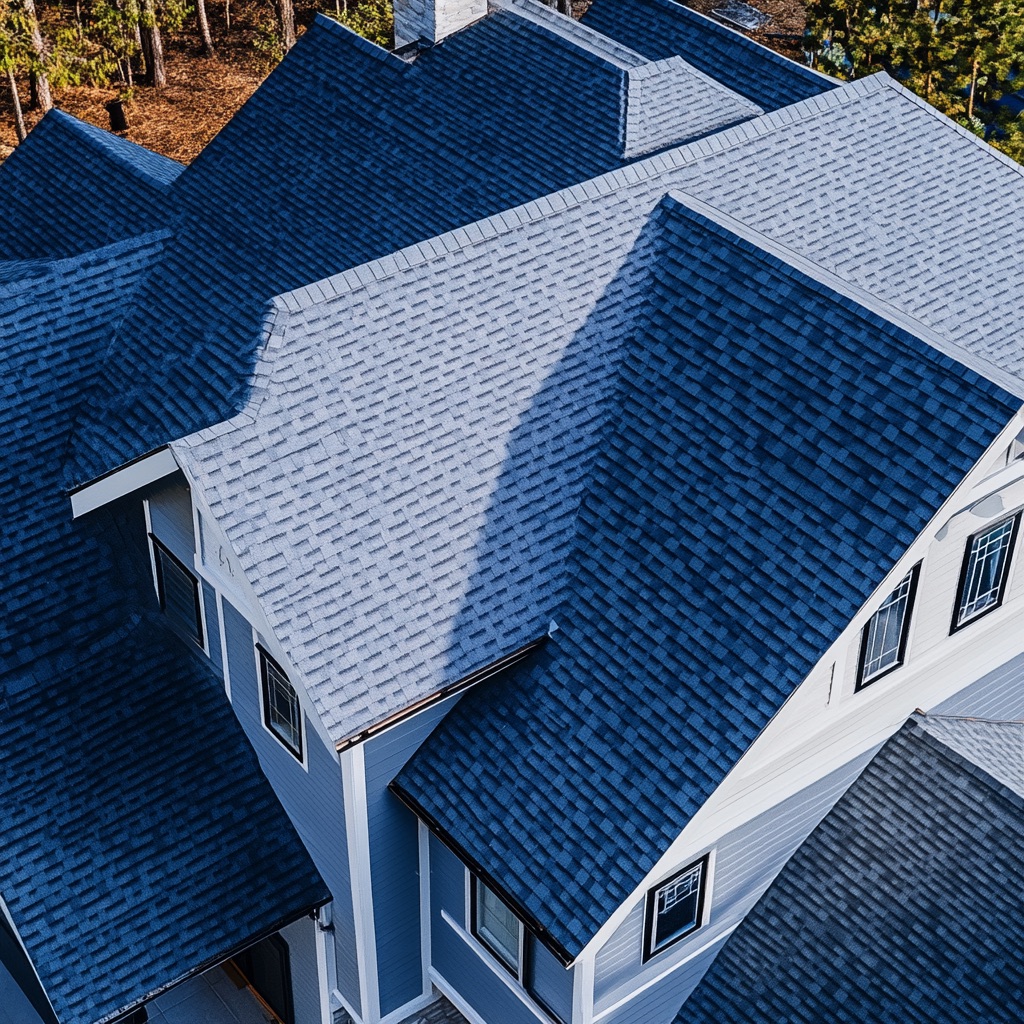Last updated on
In the world of home remodeling, sustainability has emerged as a guiding principle, with architects playing a pivotal role in creating eco-friendly living spaces. This article delves into the exciting realm of sustainable home remodeling and explores the ways architects contribute to building greener, more energy-efficient homes.
The Evolution of Home Remodeling

Home remodeling has come a long way from simply updating kitchens and bathrooms. Today, it encompasses a broader vision of transforming homes into sustainable, environmentally responsible spaces. The key driver behind this evolution is the increasing awareness of our impact on the environment.
The Sustainability Revolution
Sustainability has become a buzzword, and for good reason. As we grapple with climate change and environmental degradation, architects are at the forefront of reimagining how we live in harmony with the planet. Homeowners are now seeking sustainable solutions that not only enhance their living spaces but also reduce their carbon footprint.
The Architect’s Role in Sustainable Home Remodeling
Architects are the masterminds behind sustainable home remodeling projects. They bring creativity, technical expertise, and a deep commitment to eco-friendliness to the table.
Innovative Design
The journey towards sustainable home remodeling begins with innovative architectural design. Architects have the power to transform existing homes into energy-efficient marvels. Through careful planning, they can optimize natural light, improve insulation, and incorporate energy-efficient appliances and materials. These elements not only reduce energy consumption but also enhance the overall comfort of the home.
Material Selection
Sustainable home remodeling hinges on the careful selection of materials. Architects are well-versed in identifying eco-friendly building materials that are not only durable but also have a minimal environmental impact. From reclaimed wood to recycled glass countertops, architects can guide homeowners in making responsible choices.
Energy Efficiency
One of the most significant contributions architects make to sustainable home remodeling is improving energy efficiency. They can design homes with better insulation, solar panels, and efficient HVAC systems. These features not only reduce energy bills but also decrease the home’s carbon footprint.
Water Conservation
Architects also play a crucial role in implementing water-saving strategies in home remodeling projects. They can design rainwater harvesting systems, low-flow fixtures, and drought-resistant landscaping to minimize water wastage.
Real-life Experiences

To illustrate the impact of architects in sustainable home remodeling, let’s look at a real-life example.
The Johnson Residence
The Johnson family in California decided to embark on a sustainable home remodeling journey. They wanted to reduce their reliance on traditional energy sources and make their home more eco-friendly. They consulted with an experienced architect who took charge of the project.
Innovative Design Choices
The architect proposed innovative design changes, including enlarging windows to maximize natural light and strategically positioning the house to benefit from passive solar heating. These design choices not only made the home brighter but also reduced the need for artificial lighting and heating.
Energy-efficient Upgrades
The Johnsons’ architect recommended upgrading the HVAC system to a highly efficient, geothermal one. They also installed solar panels on the roof to generate clean, renewable energy. These changes significantly lowered the family’s energy bills and reduced their carbon footprint.
Sustainable Materials
The architect suggested using sustainable materials throughout the remodeling process. Recycled glass countertops, bamboo flooring, and reclaimed wood were incorporated into the design, adding a unique and eco-friendly touch to the home.
Water-Saving Solutions
To address water conservation, the architect designed a rainwater harvesting system that collected water for irrigation and non-potable use. Low-flow toilets and faucets were installed to further minimize water consumption.
The Johnsons’ home remodeling project not only transformed their house into an eco-friendly haven but also served as an inspiration to their community. Their architect’s expertise in sustainable design and innovative solutions showcased the potential of sustainable home remodeling.
The Takeaway
In the realm of home remodeling, architects are the unsung heroes of sustainability. They bring creativity, expertise, and a deep commitment to eco-friendliness to the table, transforming homes into energy-efficient, environmentally responsible spaces.
As we navigate the challenges of climate change, architects play a crucial role in shaping a greener, more sustainable future. So, if you’re considering a home remodeling project, consult with an architect who can guide you on your journey towards a more eco-friendly and sustainable home.
Recap




